In this solo episode, I talk about my lessons learned from 13 years as a full-time author entrepreneur. You can read/listen to previous updates at TheCreativePenn.com/timeline.

Joanna Penn writes non-fiction for authors and is an award-winning, New York Times and USA Today bestselling thriller, dark fantasy, horror, crime, and memoir author as J.F. Penn. She’s also an award-winning podcaster, creative entrepreneur, and international professional speaker.
You can listen above or on your favorite podcast app or read the notes and links below. Here are the highlights and the full transcript is below.
It takes time to pivot your author brand — and your mindset, but my dark horse is (finally) running! Let your dark horse run — an excerpt from Writing the Shadow by Joanna Penn It takes time to change your creative and business processes Having a (tiny) paywall makes all the difference to my happiness and mental health I love making beautiful books, and I love BookVault and Kickstarter for helping me make them and sell them direct My physical health is more important than ever, and I am now giving it more timeJoin my Community at Patreon.com/thecreativepenn.
Sign up for my free Author Blueprint at TheCreativePenn.com/blueprint
Buy my books for authors at www.CreativePennBooks.com and my fiction and memoir at www.JFPennBooks.com.
Sign up for my new Kickstarter: www.JFPenn.com/bloodvintage
Lessons learned from 13 years as a full-time author entrepreneur
Thirteen years ago, in Sept 2011, I left my day job to become a full-time author-entrepreneur. Every year since I have reflected on the journey and what I learn along the way.
My challenges change and grow along with the business and you will likely be at a different stage, but I hope you find my lessons learned useful along your own author path.
You can read all my lessons learned from previous years on my timeline so far – and remember, just like everyone else, I started out by writing my first book with no audience!
But with time and continued effort, everything is possible.
(1) It takes time to pivot your author brand — and your mindset, but my dark horse is (finally) running!
Back in December 2023, over 8 months ago now, I announced I would be making a slow pivot to focus more on my J.F. Penn books.
Writing the Shadow: Turn Your Inner Darkness Into Words was decades in the making, and felt like my last word on the craft of writing — at least for now! I want to do more with that book as this strange time in history means examining our darker sides is more important than ever, but for now, I need to express my own shadow into my books.
I have so many stories and ideas and other types of books that are waiting to emerge from J.F. Penn brand. I have a folder in my Books drive with 22 different projects, some just initial ideas, others with research. These are stand-alones and short stories, and other books in series, and there are non-fiction books there too.
I have another folder in my Things app with nearly a thousand notes and links and things to investigate, snippets and thoughts and quotes that might become part of a story or a book. That's enough to keep me going for years, and I keep adding to these as I learn more and research and travel and think and read.
But as much as I wanted to make the shift into J.F. Penn, I struggled in the first half of the year. I started out by rewriting my Author Blueprint, which was more work than expected, so after announcing that I wasn’t doing any more books as Joanna Penn, I went and did essentially another one!
But then I got into Spear of Destiny, and started to relax a little — but it wasn’t until July when I went to the DO Lectures in West Wales that I noticed things were changing.
In the past, when people asked what I did at events or social things, I would say, ‘I’m Joanna Penn and I’m an author and podcaster, and I have a site helping writers, TheCreativePenn.’ I always talked about the self-help angle first, and I might mention I wrote fiction, but it wasn’t the first thing I talked about.
Perhaps, as I have talked about in Writing the Shadow, my fear of judgment stopped me as people certainly judge fiction writers more harshly.
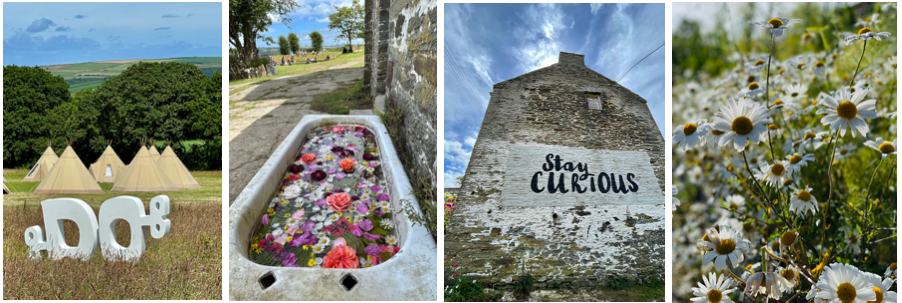
But at the DO Lectures, I introduced myself as Jo and said ‘I’m an author, I write thrillers and horror, crime and dark fantasy, and some self-help.’ I flipped my script and it felt natural and right to do so.
I really started to feel like I was shifting into being J.F. Penn and that is such a relief. My dark horse is (finally) running!
If you’re read Writing the Shadow, you will know what I mean by this — but I’m going to include the short chapter here as a reminder. Your dark horse is not the same as mine, but the challenge is the same — Is your dark horse running? How can you let it run?
Let your dark horse run — from Writing the Shadow by Joanna Penn
Although much has changed over the last two thousand years, human nature remains the same. Around 370 BC, the Greek philosopher Plato composed The Phaedrus, which includes an allegory of a chariot that has helped me frame the Shadow. Perhaps it will help you, too.
Imagine a Roman chariot drawn by two horses — a white horse and a dark horse. I am the Charioteer, and I am in the race of my life.
The white horse represents my rational self, the one society sees. My good behaviour, my industry, my hard work, my productivity, my scrubbed-clean, well-mannered good girl self.
She helps others. She’s a peacemaker. She doesn’t like conflict. She says the right things, reads the right books. She needs to be liked.
My white horse trots delicately along paved roads, aware of the fences and boundaries, never needing to cross them, remaining within the lines drawn by others.
My dark horse is a wild animal, wreathed in smoke and ash and flame.
She gallops across wide open spaces, leaps obstacles, smashes through fences, and avoids the paved and cornered world.
She runs free and will destroy herself, rather than be caged.
If both horses run together in the same direction, I can fly along, whooping in delight at the speed and power. But if they become unbalanced, the chariot begins to wobble.
When my dark horse stumbles, my white horse drives us hard along the highway, never stopping for rest.
But if she dominates for too long, my dark horse rears up and runs out of control, driving us towards the cliff edge.
My white horse has often been stronger.
I’ve always worked hard, got good grades, behaved well, earned enough money to support myself, paid my taxes early.
But the more I let my white horse dominate, the more my dark one rears up unexpectedly and takes over until she exhausts herself with all the things that nice girls shouldn’t do.
When I became a writer, these two horses drove me once more.
My white horse writes non-fiction, helps others, wants to be useful, and responsibly manages a professional business. I’m grateful to have her!
My dark horse writes stories that tap into untamed darkness.
I’ve tried to muzzle her, strap her down, regulate her chaos.
But she rears her head, shakes her mane, stamps her hooves, paws the dirt.
Let me run.
(2) It takes time to change your creative and business processes
I’ve been into AI since 2016 when AlphaGo beat Lee Sodol at the Chinese game of Go. That set of matches included what was considered the first ‘creative’ move by a machine, and the game subsequently changed and was reinvigorated by the new possibilities.
But there was a lot of upset as well.
Obviously there are parallels to the current upheaval due to generative AI which I’ve talked about a lot on the podcast, and also in my Patreon, so I won’t rehash all that here. You can read an overview of my approach in The AI-Assisted Artisan Author, but essentially it’s that I will use the AI tools to enhance and amplify my creativity, and help me achieve my creative and business goals.
Since using the AI tools, I feel like I’m in creative flow more often and I’m happier and laughing more, because I am having so much fun. I am turning my imagination into reality in different ways and I am so excited about the progression of what we can do next.
I got access to ChatGPT in November 2022 and have pretty much been trying all kinds of AI tools since then. Most of my covers have elements of Midjourney and DALLE now, and I work with my book cover designer, Jane at JD Smith Design to make the finished covers.
 I made all these images with midjourney and/or dalle and then worked with jane (jd smith design) to make them into the finished covers
I made all these images with midjourney and/or dalle and then worked with jane (jd smith design) to make them into the finished coversI use ChatGPT and Claude.ai for writing my sales descriptions, doing my marketing plans, writing marketing copy, and coming up with ideas for images, and for book trailers, as well as creating synopses of books, movie pitch documents, and more.
I also use them for brainstorming ideas, and plot points and for enhancing the quality of my work, and for deep character POV since Claude, in particular, is great at writing from the point of view of a character with specific knowledge. As an example, I co-wrote a scene where a character explained how to test grapes for sugar content before harvesting using terminology that kind of character would know.
I also use a load of other AI-assisted tools like Descript for my podcast editing, ProWritingAid for editing, Canva for images, and more.
So you’d think I was the poster girl for AI-assisted business, right?
I guess I am way ahead of some people, and yet, I want to do more and I have to catch myself sometimes and think — how can I make this better or more fun with an AI tool, rather than just defaulting to an existing (old) process?
In the last week, I have reinvented my book trailer process, using RunwayML to turn images into short video which I turned into a trailer using Canva. Watch it below or here on YouTube, or here on Instagram.
Previously, I have always used still images with Effects to zoom and pan, so I have improved my process substantially — and it was so much fun!
I am still experimenting with using the AI-powered marketing tools from Amazon and Meta, and am looking forward to when I can just give them a book and tell them to do everything on every platform on my behalf. I think most authors would love to outsource much of marketing!
We have to keep reinventing ourselves.
We have to keep trying new things, new tools, new processes, or we stagnate, and so does our business.
It has ever been the way, and it continues to be the way. It’s just surprising how long it can take to change an ingrained pattern, even with the best will in the world.
(3) Having a (tiny) paywall makes all the difference to my happiness and mental health
As part of the shift outlined above, I started to focus much more on my Community at patreon.com/thecreativepenn.
I shifted to monthly billing, which is the price of buying me a coffee (or a couple of coffees) a month, and I add something new every week.
Sometimes it’s the Patron Only Q&A audio, or an interview with an industry professional, or a demo of something I am doing, like my book trailer process with Midjourney and Runway, or a video from my course archive, or the Office Hours we did recently where I demoed a load of AI stuff.
As I learn things, I share them with my Patrons. We are also having a Patron only meet-up at Author Nation in Las Vegas, and I am looking into Patron-exclusive merchandise.
I used to share a lot more about AI and futurist topics on the main feed of The Creative Penn Podcast, but I keep that more sporadic now and share much more behind the (small) paywall. This helps me because most of my Community are AI-positive or AI-curious, or at least they like my content enough to keep subscribing, so I feel safe enough to share more openly.
I used to get so much hate over the AI stuff that at times I considered leaving the internet entirely. Why bother sharing anything when the backlash was so nasty, even after I have spent so many years (16 years!) trying to help authors by sharing what I do, mostly for free.
My Community feel like my friends — as well as my fans — and I can be myself and not feel attacked.
This subscription model stream of income also helps me financially. It reflects Kevin Kelly’s iconic article on 1000 True Fans, which is about direct relationships with a small number of people rather than aiming for mass market appeal. You can make a living this way, even if the amounts are relatively small per person.
My Community at patreon.com/thecreativepenn now has 1180 people — THANK YOU Patrons!
(4) I love making beautiful books, and I love BookVault and Kickstarter for helping me make them and sell them direct
I love love love the creative and business possibilities of custom print options with BookVault and Kickstarter.
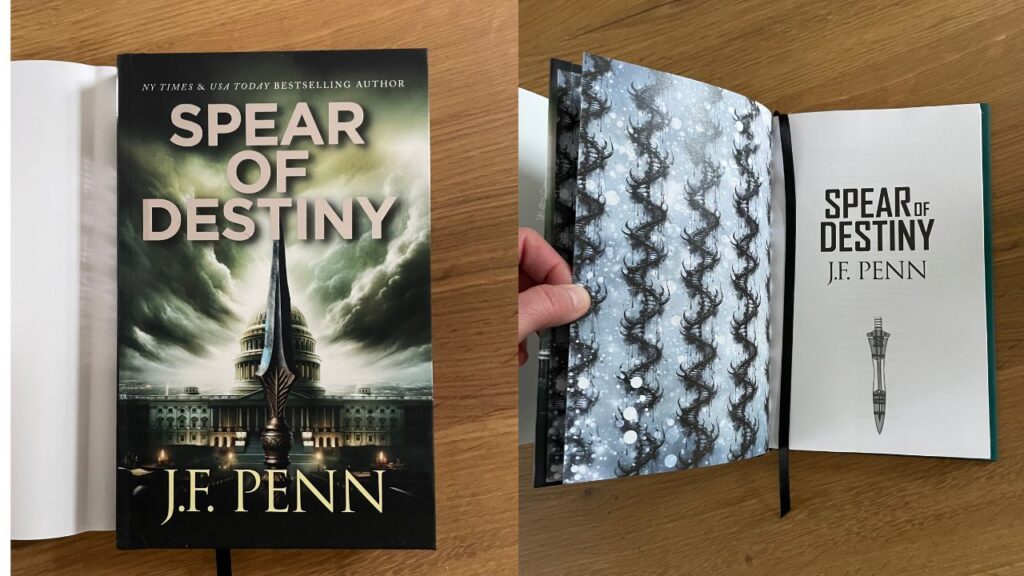 special edition spear of destiny – printed by bookvault
special edition spear of destiny – printed by bookvaultI always wanted to make beautiful books, but it just wasn’t cost-effective in the past with having to do print runs, but Kickstarter (and other crowdfunding platforms) enable this, and BookVault enables even a tiny volume of special books.
I am so grateful for these platforms as they have changed my business to be direct sales first, and unlocked a new level of creativity for me!
I've always been a visual writer, and a visual person. I take photos all the time and I love writing a deep sense of place in my books. I also appreciate Midjourney as I enjoy using it to make images and now I can turn the images in my head into reality in a way I couldn’t before. Thanks also to my designer, Jane Dixon Smith at JDSmith Design who works with me to turn those images into finished books and products.
In the last year, I have done two Kickstarters.
October 2023 — Writing the Shadow: Turn Your Inner Darkness Into Words. 1059 backers, £36,454 (around US$48K) June 2024 — Spear of Destiny, An ARKANE Thriller #13. 313 backers, £12,536 (around US$16.5K)On 1 October 2024, I’m launching Blood Vintage, A Folk Horror Novel on Kickstarter which will have all the custom options, plus sprayed edges. You can watch a video of the proof copy below or here on Instagram.
As much as I love reading in all the other formats, there is something wonderful about having your words in a beautiful print edition. I am hooked on making these special hardback editions now and plan to keep making them. I might even have to do my backlist too!
It’s also worth noting that when I do Blood Vintage, I will have done four Kickstarters in four different genres — travel memoir, writing craft and psychology, thriller, and horror.
This is counter to everything we have learned about the catalogue sales platforms like Amazon, but hey, I love to create all over the map and Kickstarter is a great place to do that!
(5) My physical health is more important than ever, and I am now giving it more time
I’ve always been pretty active, but I’ll be 50 in March 2025, so I’m determined to be in good shape for the decades ahead.
Longevity in any career takes stamina and when most of your job involves a desk — whether standing or sitting — you need to keep your body healthy. Creativity also benefits from exercise and movement, plus it’s fun and makes you feel good, so mental health improves too. Read Built to Move by Kelly & Juliet Starrett if you need to shock yourself into action!
The Heathy Writer, co-written with Dr Euan Lawson came out in 2018, before I hit perimenopause, and a few things have changed since then. After a few years of long-distance walking, which led to my book, Pilgrimage, I now focus primarily on building strength and flexibility.
I’ve been powerlifting for several years now, and I did my first competition last weekend. My goal was to complete three legal lifts so I could get the participant’s medal. I was thrilled to get 100kg deadlift, 50kg squat, 40kg bench press, a total of 190kg. I did get a medal, and I won my age and weight class — which is good as I was the only one in it!
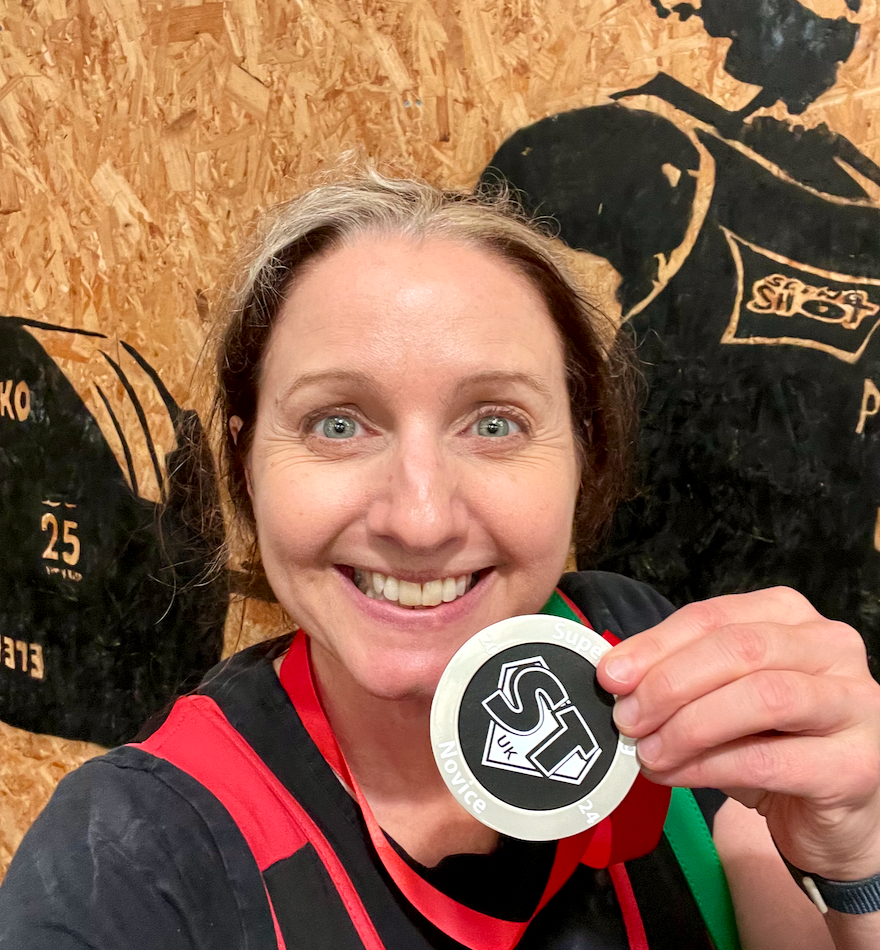 Jo Penn with powerlifting medal, sept 2024 (aged 49)
Jo Penn with powerlifting medal, sept 2024 (aged 49)If you didn’t know this already, women after menopause can lose up to 1% of muscle mass per year unless they work on strength training, which is why so many old women are weak and can break bones. Read Menopausing by Davina McCall if you are not up to date on menopause research — and then (whatever age you are) go lift!
I’ve also joined a calisthenics gym and am working on handstands and exercises on the rings, as well as getting back into yoga and more flexibility and mobility. This different kind of movement is challenging my body in new ways, and more than that, I am loving the classes!
I’m having fun, and meeting new people, and I’m moving every day, as well as walking a lot. I am out of the house more, off my screens more, and working less.
As much as I love my creative and business life, it is mostly all in my head. But I am not a disembodied brain, I am not a machine or an AI. I am a human, and I have a body, and my brain is connected to that body, and my body needs to feel good and be functional in order for my brain to be happy.
My question for you is: Does your body feel good and is it functional? What could you do to improve your physical health and increase your movement in a way that benefits your creativity and mental health?
Conclusion
So here we are again! After 13 years full-time, and almost 16 years blogging and podcasting, I'm still writing, still publishing, still marketing, and still an author entrepreneur.
I did have a wobbly moment in this last year, as the drama and stress in the author world took its toll on me. I wondered if I wanted to do this anymore. I still wanted to write books, but maybe just as a hobby. I considered stepping away from the business side.
But when I looked into some other career paths, I realised how grateful I am to be able to make a living with my writing and my creativity, and how much I want to keep doing it, even as I know I will have to keep pivoting to keep my business alive.
Thanks to all of you for listening and for buying my books and backing my Kickstarters (check out Blood Vintage!). Thanks to my Patrons at patreon.com/thecreativepenn and to my corporate podcast sponsors, as well as my affiliate partners. You make this possible.
The challenges will inevitably change again in the next year, and I’ll keep sharing what I learn along the way. I hope you'll join me as I continue on the author journey!
What do you think? Do you have lessons learned from your years on the author journey?
Please leave a comment, or if you've written about it elsewhere, feel free to share a link.
The post Lessons Learned from 13 Years as an Author Entrepreneur first appeared on The Creative Penn.


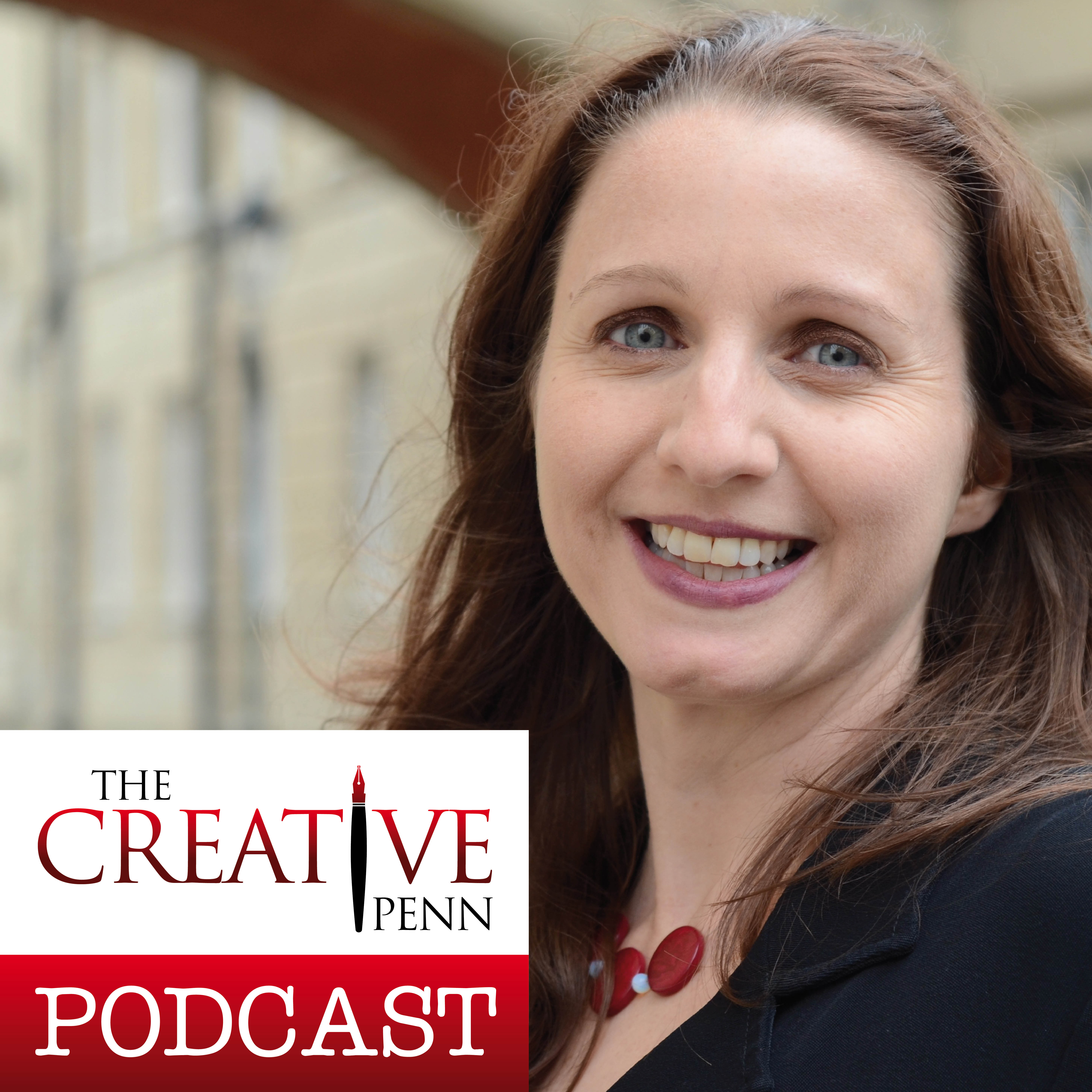 3 months ago
10
3 months ago
10 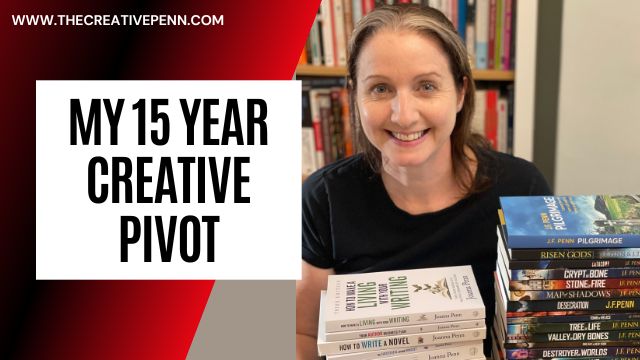
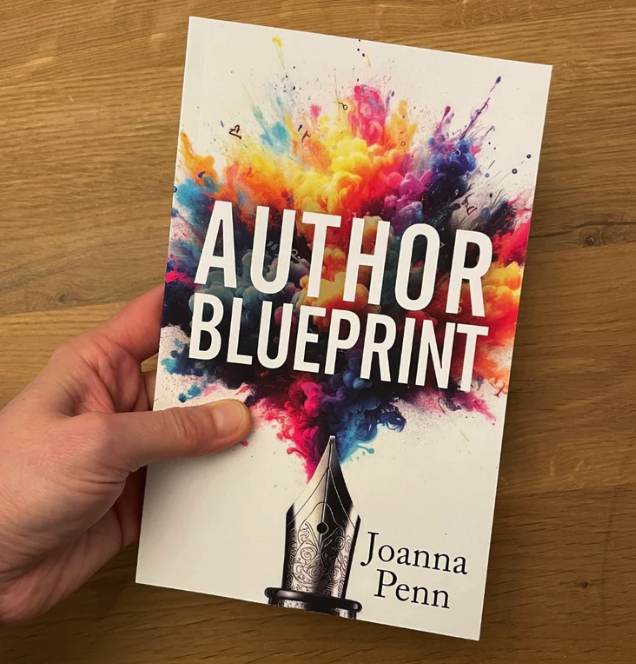
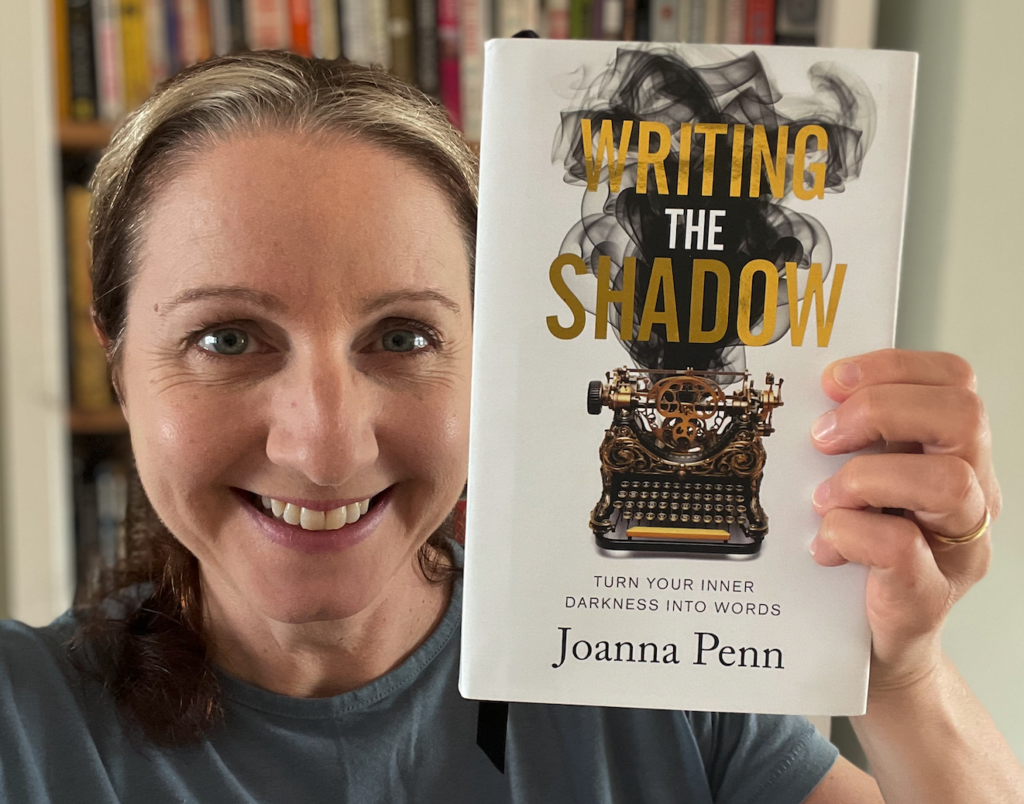
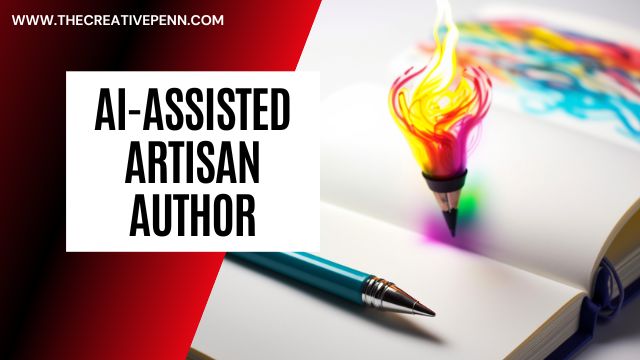
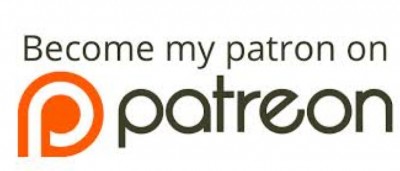
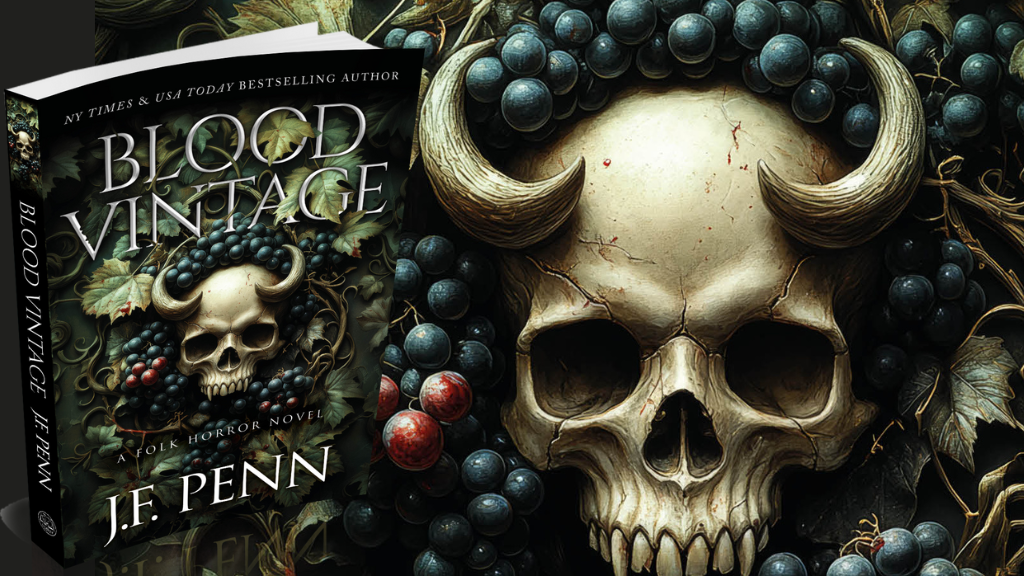
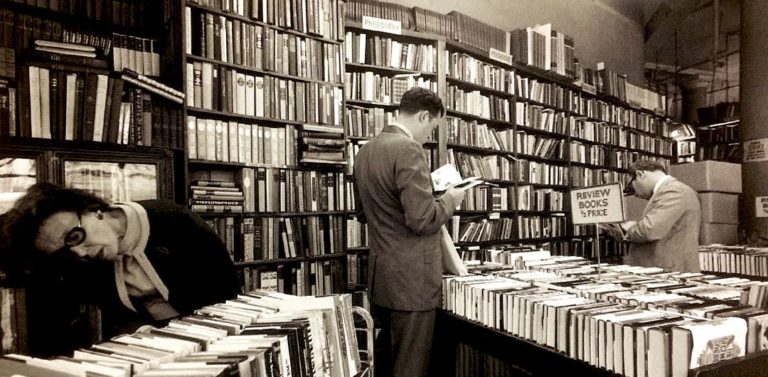

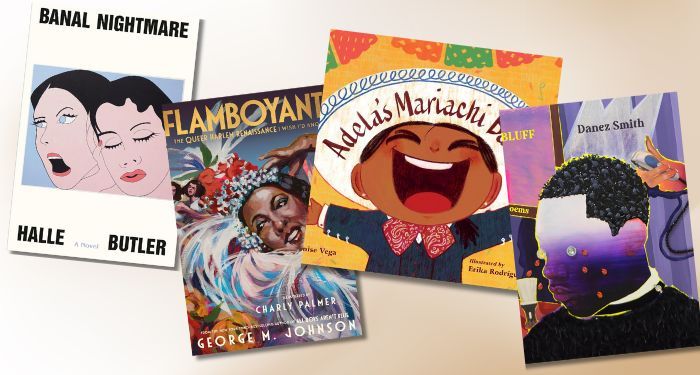







 Bengali (Bangladesh) ·
Bengali (Bangladesh) ·  English (United States) ·
English (United States) ·